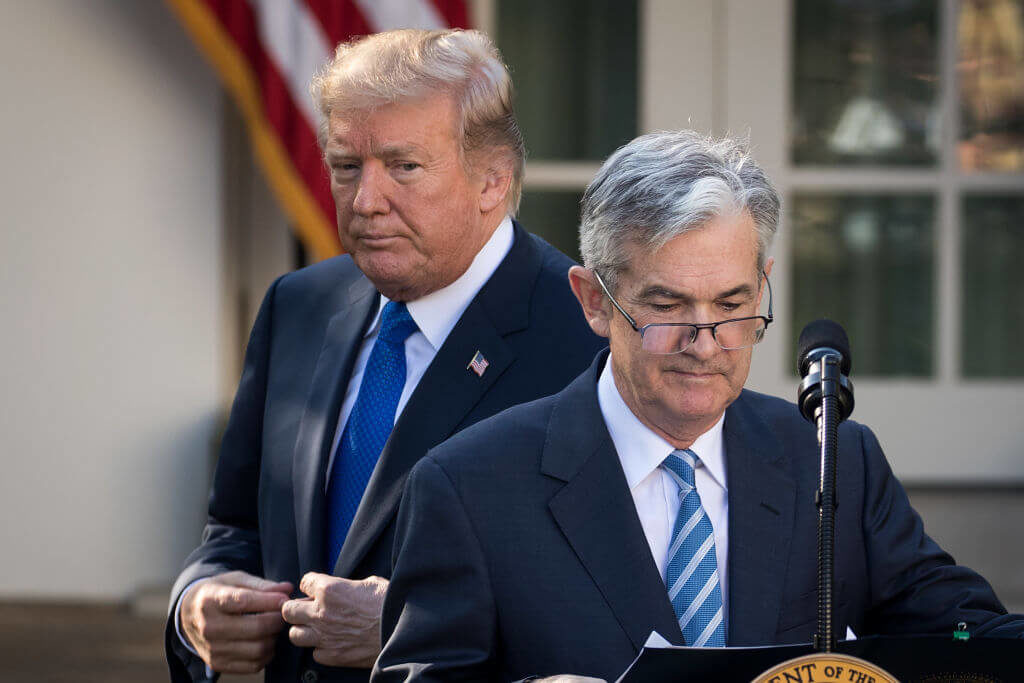Federal Reserve Chairman Jerome Powell said Tuesday that the 2008 financial crisis accelerated major changes in the U.S. and global economies, leading to slower growth, lower inflation and lower interest rates.
Delivering remarks to a Paris economic conference, Powell said that since the depths of the Great Recession in 2008 and early 2009, growth and inflation in the United States and other countries are averaging a full percentage point lower than before.
While the U.S. labor market remains strong, uncertainties are rising amid slowing global growth and trade tensions, Powell said. He again sent a strong signal that the Fed is prepared to cut its benchmark policy rate for the first time in a decade.
He noted the need to raise the federal government’s borrowing limit and Britain’s pending departure from the European Union as additional challenges facing the economy.
“We are carefully monitoring these developments and assessing their implications for the U.S. economic outlook and inflation and will act as appropriate to sustain the expansion,” Powell said, repeating comments he made to Congress last week.
Those remarks last week pushed the stock market to record highs and increased expectations that the Fed will move as soon as the next meeting on July 30-31 to cut rates, undoing some of the Fed’s credit tightening from last year when it raised rates four times.
Many economists believe the Fed will cut its benchmark rate, currently in a range of 2.25% to 2.5%, by a quarter-point at the July meeting and another quarter-point in September.
In his remarks, Powell said the changes occurring in the global economy are presenting new challenges to the Federal Reserve and other central banks in how they manage monetary policy.
“With few exceptions we are all facing lower rates of interest, growth and inflation,” Powell said. “In a number of countries, including the United States, these declines have been accompanied by strong labor markets and a much lower unemployment rate.”
These developments, which Powell said are likely to persist, are significant because the Fed and other central banks take their cues for managing the economy from incoming economic data on growth, inflation and unemployment.
With inflation and interest rates low, the Fed must operate in an environment when its key policy rate will remain low, giving the Fed less room to cut rates if the economy weakens.
“The world in which policymakers are now operating is discretely different in important ways from the one before the Great Recession” Powell said.
© The Associated Press. All rights reserved.
